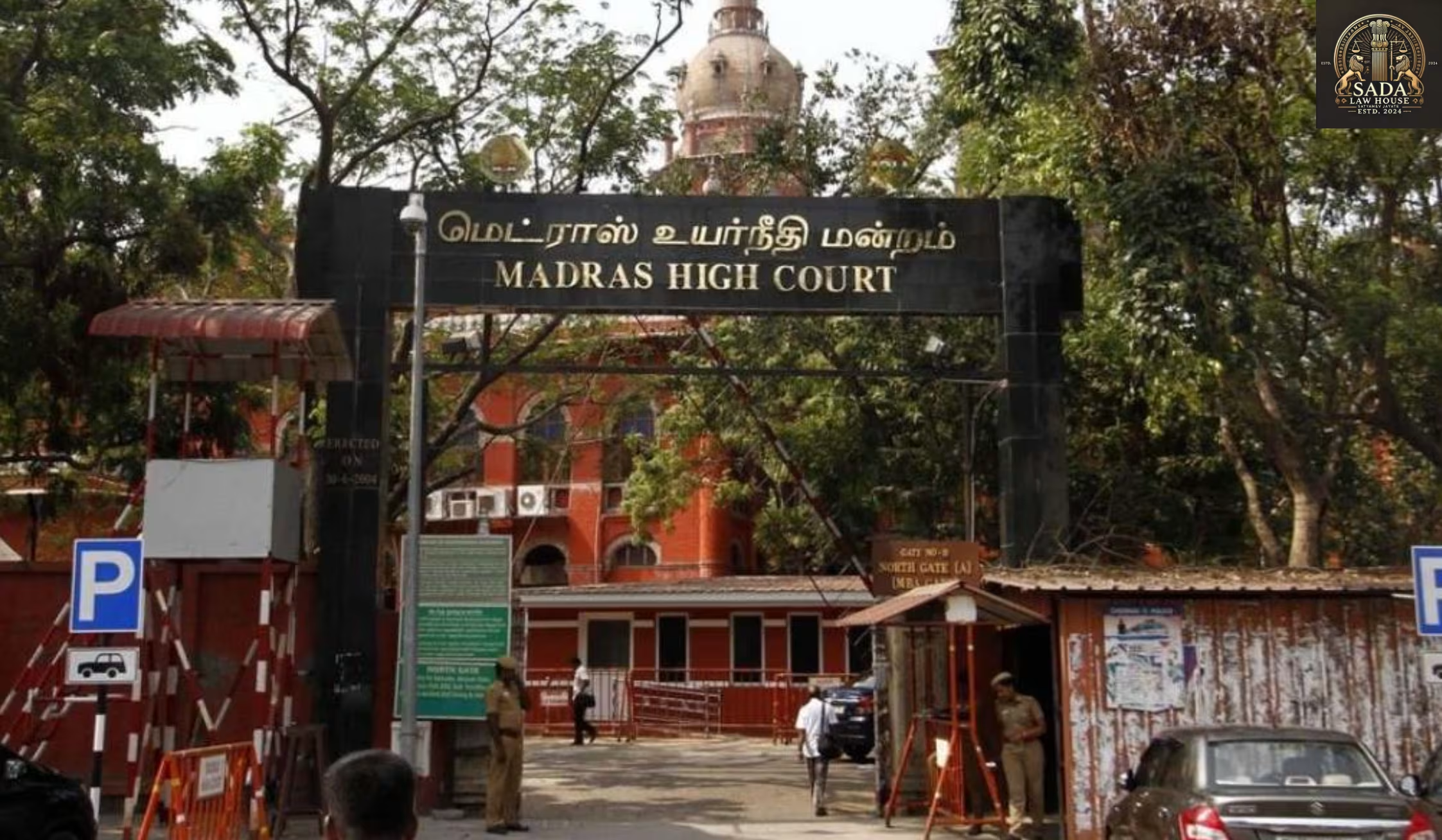Madras High Court Orders Tamil Nadu Government to Tackle Stray Dog Menace
- Kashish Jahan
- 8 JULY 2025

The Madras High Court has directed the Tamil Nadu government to create a time-bound policy to address the rising stray dog menace, stressing public safety, humane animal treatment, and civic accountability.
Court Intervenes After Surge in Stray Dog Attacks
The Madras High Court has instructed the Tamil Nadu government to develop a comprehensive and time-bound action plan to manage the increasing threat posed by stray dogs in both urban and semi-urban areas. This order follows multiple petitions filed by concerned residents from Chennai and Coimbatore, who raised alarm over the rising number of dog bite incidents, especially involving vulnerable groups like children and senior citizens.
Rising Cases Prompt Legal Action
A bench led by Justice N. Anand Venkatesh noted a sharp rise in dog bite cases based on recent reports. The court acknowledged India’s constitutional obligation to treat animals with compassion—as highlighted under Article 51A(g) of the Constitution—but emphasized that public safety must remain a priority.
Policy Gaps in Animal Birth Control Measures
The court highlighted serious lapses in implementing the Animal Birth Control (Dogs) Rules, 2001, which mandate:
Sterilisation of stray dogs
Vaccination against rabies
Humane population control by local civic bodies
The bench noted that tender failures and poor coordination between municipal agencies have led to ineffective implementation, worsening the stray dog issue.
Court’s Directives to the State Government
The court called for a state-wide policy that includes:
Assigned responsibilities to civic bodies
Quantifiable targets for sterilisation and vaccination drives
Public awareness campaigns on dog safety
Creation of safe animal shelters across the state
The government has been instructed to submit a policy blueprint in the upcoming hearing, which will review its effectiveness and ensure accountability.
Role of Animal Welfare Groups
The court also urged animal welfare organizations to work in collaboration with local authorities. It emphasized that humane treatment of animals must go hand-in-hand with ensuring citizen safety, especially in densely populated regions.
What’s Next?
The next hearing will assess the proposed action plan’s scope, timelines, and enforcement strategies, ensuring that the policy is not merely on paper but actively implemented.
This case not only highlights the urgent need for policy reform but also underscores the balance between animal rights and public health in urban governance.
Live Cases






